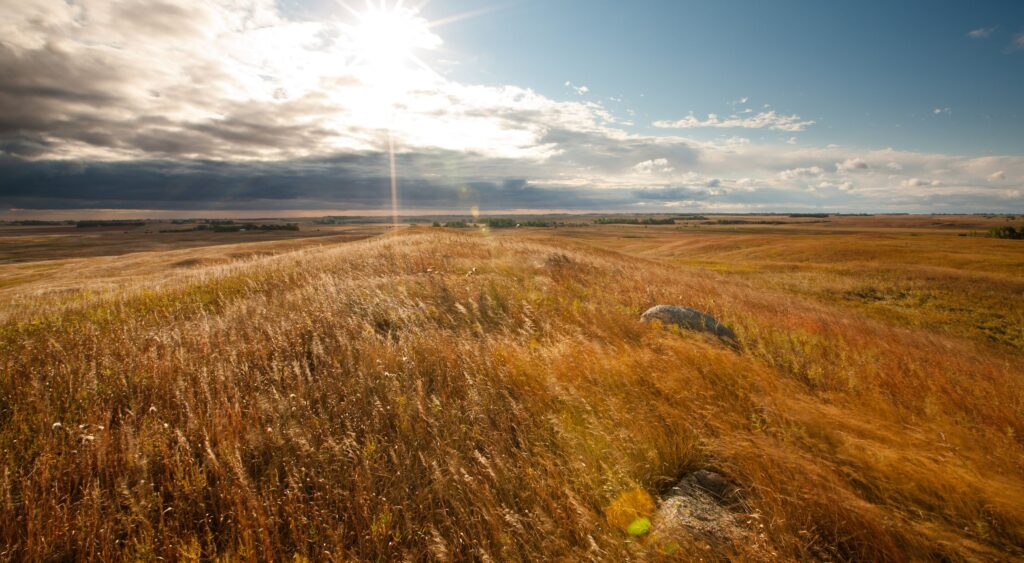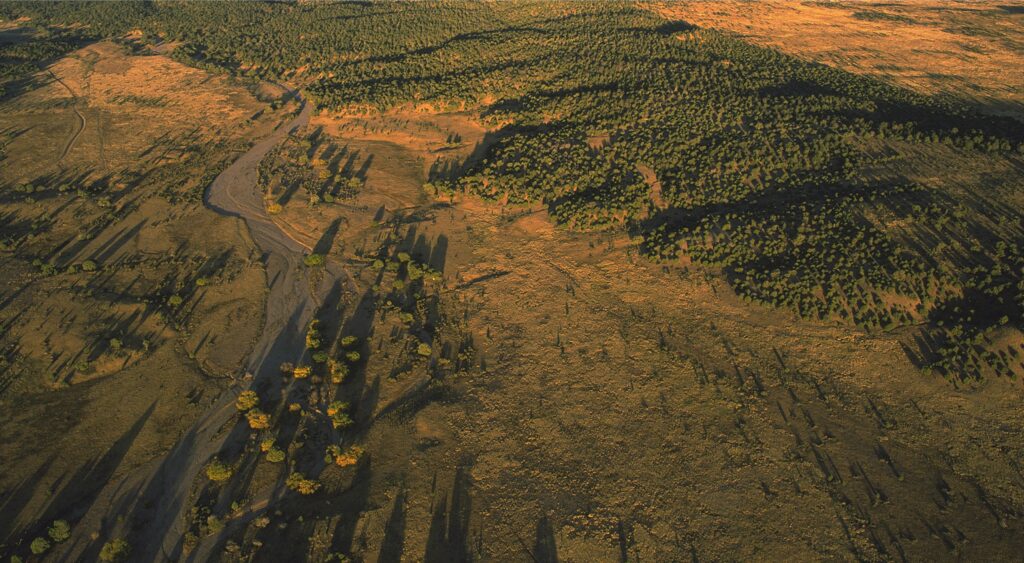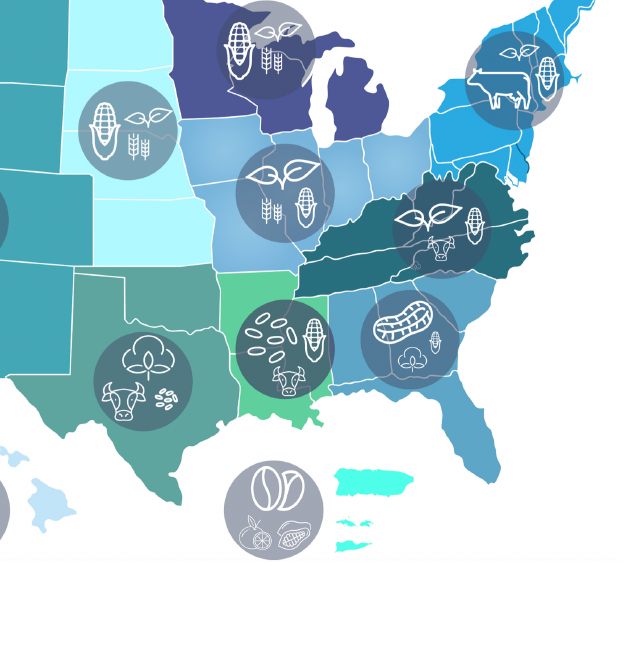Are you passionate about making a difference in the fight against climate change? The U.S. Nature4Climate coalition, a partnership of 29 environmental organizations, is offering a variety of exciting job opportunities across the country. Whether you’re an experienced professional or just starting your career, there’s a role for you in this dynamic field. Here are some of the current openings:
American Farmland Trust
American Forest Foundation
- Tribal Liaison Manager
- Outreach Forester, Family Forest Carbon Program (GA)
- Land Enrollment Specialist
American Forests
Bipartisan Policy Center
Ceres
Conservation International
- Senior Director, Leadership Engagement
- Managing Director of Social Media
- Senior Manager, Monitoring & Evaluation
Environmental & Energy Study Institute
Environmental Defense Fund
Hispanic Access Foundation
Land Trust Alliance
National Association of Conservation Districts
National Wildlife Federation
- Communications & Marketing Intern
- Conservation Science Fellow
- Director, Hispanic Conservation Leadership Council, HECHO
Native American Agriculture Fund
Ocean Conservancy
- Senior Portfolio Manager, Foundations & Government Support
- Special Assistant to the Chief Conservation Officer
- Special Assistant to the Chief Brand & Communications Officer
- Interim Vice President of Finance
Open Space Institute
- No current openings
Pew Charitable Trusts
- Senior Officer, Conservation Support, Conservation Finance
- Principal Associate, U.S. Conservation, Pacific Campaigns (OR)
- Officer, Program Management, Enduring Earth
Restore America’s Estuaries
- No current openings
Savanna Institute
- No current openings
Soil Health Institute
- Field Research Associate
- Request for Proposal – Soil Health Portal
- Soil Health Institute Jobs Board
- 2025 Summer Internship
The Land Institute
- Lab Manager – Soil Ecology (KS)
- Research Assistant (Temporary – KS)
- Postbaccalaureate Researcher – Soil Ecology (KS)
The Nature Conservancy
- Associate Climate Director
- Marketing and Communications Specialist, Policy and Public Funding
- Associate Director of Philanthropy
Theodore Roosevelt Conservation Partnership
- No current openings
Trust for Public Land
U.S. Climate Alliance
U.S. Farmers & Ranchers in Action
- No current openings
WILDCOAST
- No current openings
Wildlife Conservation Society
World Resources Institute
These positions offer a unique opportunity to lead strategic initiatives and work alongside dedicated professionals to drive impactful environmental change. If you’re ready to take the next step in your career and make a significant contribution to our planet, consider applying for one of these job opportunities today!
Learn more

Deepen your knowledge of Natural Climate Solutions (NCS) with this free, publicly-available NCS Foundations Course launched by The Nature Conservancy.
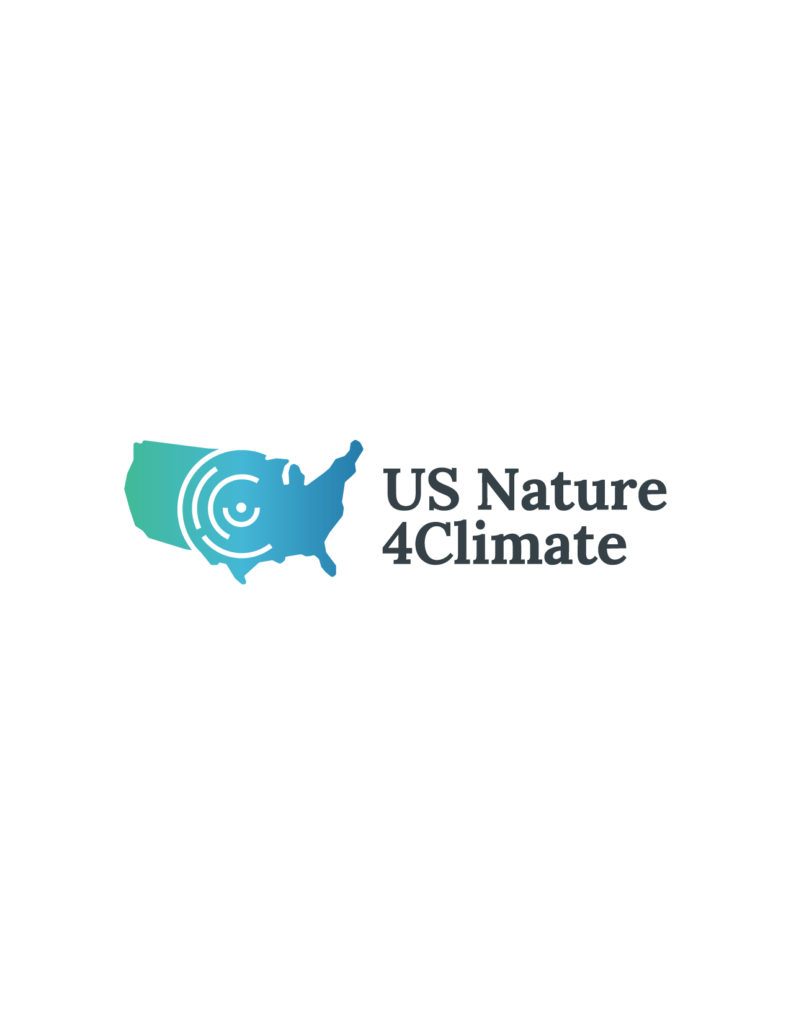
U.S. Nature4Climate (USN4C) is a coalition of twenty-eight conservation, environmental, and sustainable business organizations dedicated to ensuring our forests, farms, ranches, grasslands and coastal wetlands are an important part of the overall strategy to combat climate change. Learn more.
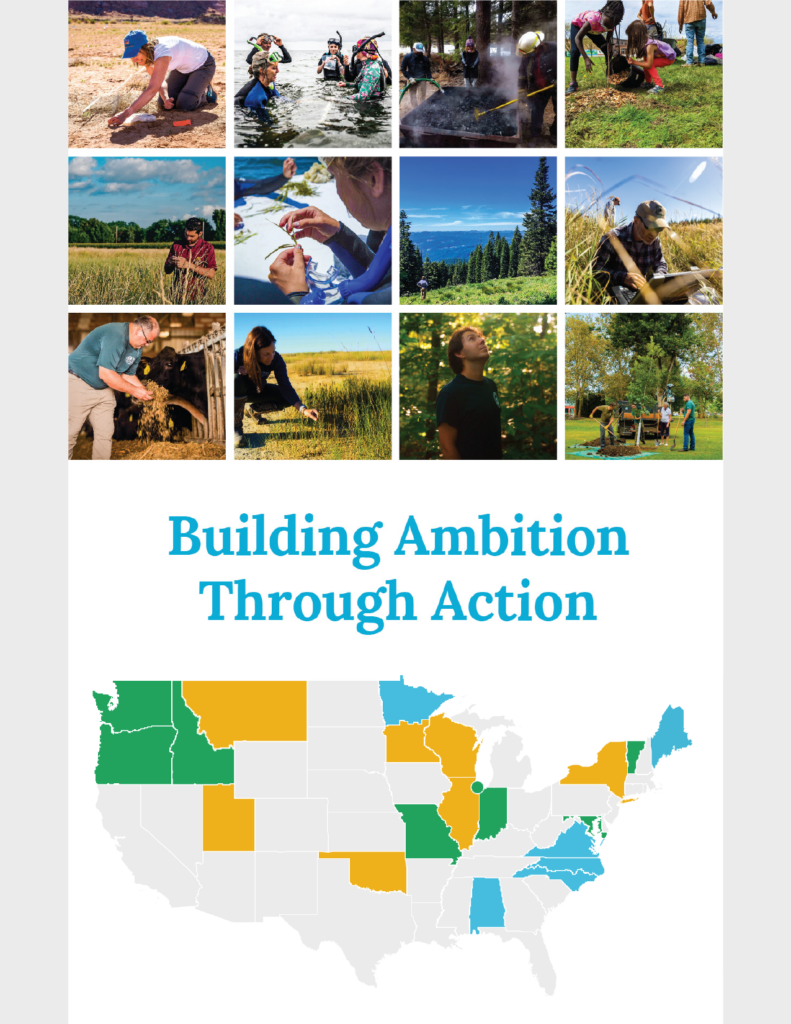
See examples of the Natural Climate Solutions work led by USN4C members benefitting different types of communities across the U.S.


